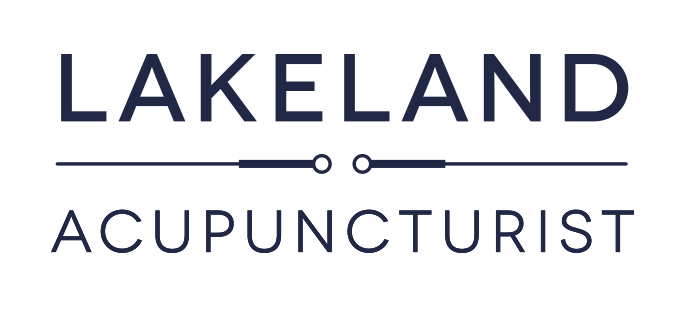Pain affects 116 million Americans according to the Institute of Medicine of the National Academies and almost 1/3 of these people experience chronic back pain. Drugs to treat pain are highly addictive and carry uncomfortable side effects. Surgeries can be risky, costly and sometimes have little impact on the pain.
Acupuncture can help. Regular treatments impact pain receptors in the brain and decreases muscle tension around stressed tissues. Pain reduction is often immediate and pain resolution is often achieved after a series of regular treatments. Research shows:
- Meta-analysis conducted in 2015
- 20,827 patients data included from 39 trials
- Conditions included musculoskeletal pain, osteoarthritis, chronic headache, and shoulder pain
- Pain levels and improved function were measured
- Acupuncture was better than sham and no acupuncture for each pain condition (all P < .001)
- “We conclude that acupuncture is effective for the treatment of chronic pain, with treatment effects persisting over time.” (Vickers, et al., 2015)
Vickers, A. J., Vertosick, E. A., Lewith, G., MacPherson, H., Foster, N. E., Sherman, K. J., … Linde, K. (2017, December 2). Acupuncture for Chronic Pain: Update of an Individual Patient Data Meta-Analysis. Retrieved November 8, 2019, from https://www.sciencedirect.com/science/article/abs/pii/S1526590017307800.








